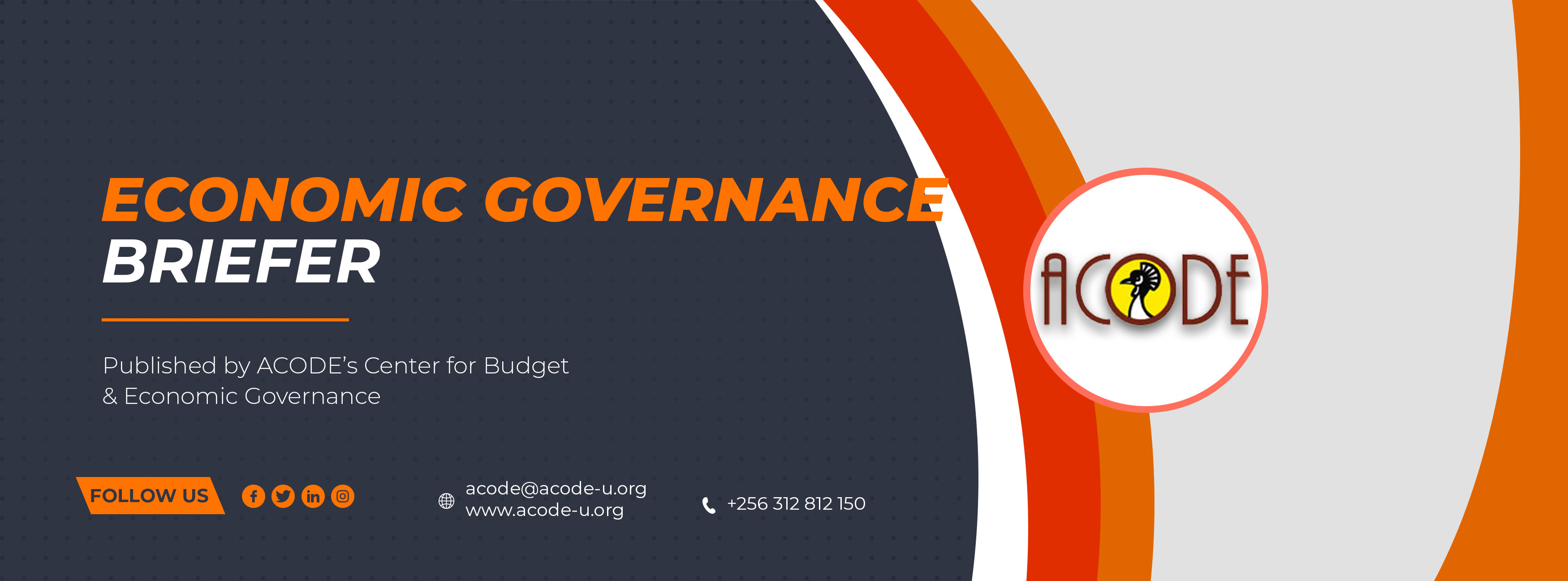|
Is this email not displaying correctly? Click here to view in browser Issue 16 | March 2023 |

|
Welcome to Our Quarterly BrieferThe 16th Issue themed “Responsiveness of the Proposed National Budget Framework Paper FY2023/24 to the current social Economic Challenges,” is focusing on the National Budget for the FY2023/24 preparations following the release of the National Budget Framework paper and the budget call circulars. In this Issue, we present articles that are geared toward influencing budgetary allocations on selected programs in the National Development Plan III including Climate Change, Natural Resources, Environment and Water Management, Human Capital Development (health) and Agro-Industrialization. The growth of Uganda’s economy has been remarkable. For the last 2 decades (1991-2011), Uganda achieved average annual GDP growth of 7.3% but growth in the last decade (2012-2022) has slowed to an average of about 4.6% and has not been inclusive. The Uganda Bureau of Statistics (UBOS) indicates that poverty rose from 19.7% in 2013/14 to 20.3% in 2019/20, demonstrating that poverty and income inequality rates are on an increasing trend in the economy. The recently launched Poverty Status Report (2021) also highlights that 1 in every 5 Ugandans is below the poverty line. It is also estimated that out of every 10 Ugandans, 6 are either poor or vulnerable to poverty indicating that the majority of the Ugandans have not benefitted from the country’s remarkable economic growth rates. Worse still the results of climate change shocks are already impacting all parts of the economy, particularly agriculture which is the main source of livelihood for Ugandans. We hope that these articles will stimulate debate and inform policy discussions to influence increased budgetary allocations to the selected programs which we believe have a high multiplier effect to stimulate economic growth. In case you missed Issue no.15, please click here. Here's a quick preview of what's inside: |
|
© 2023 Advocates Coalition for Development & Environment. All Rights Reserved
Plot 96, Kanjokya Street. Box 29836, Kampala-UGANDA
|
|
Not wanting to receive these emails? You can unsubscribe here |


